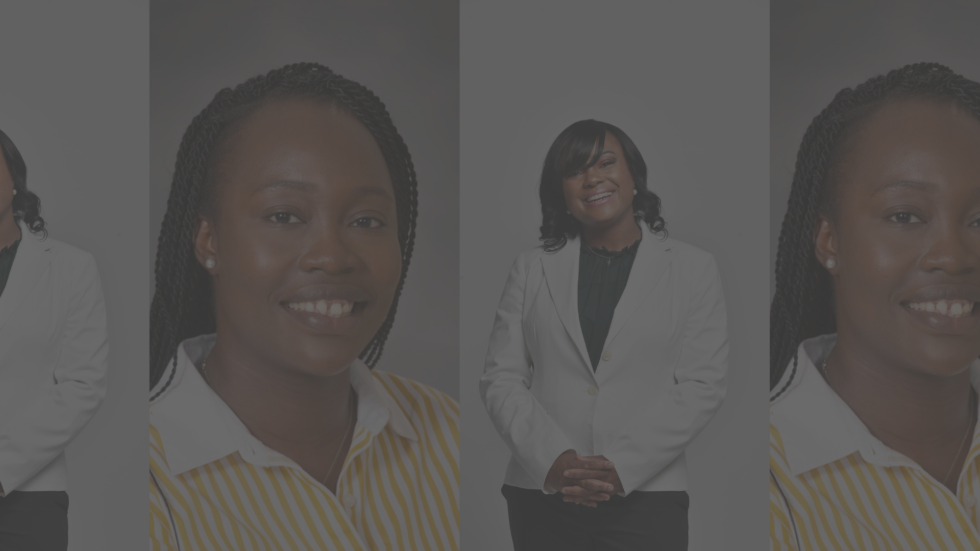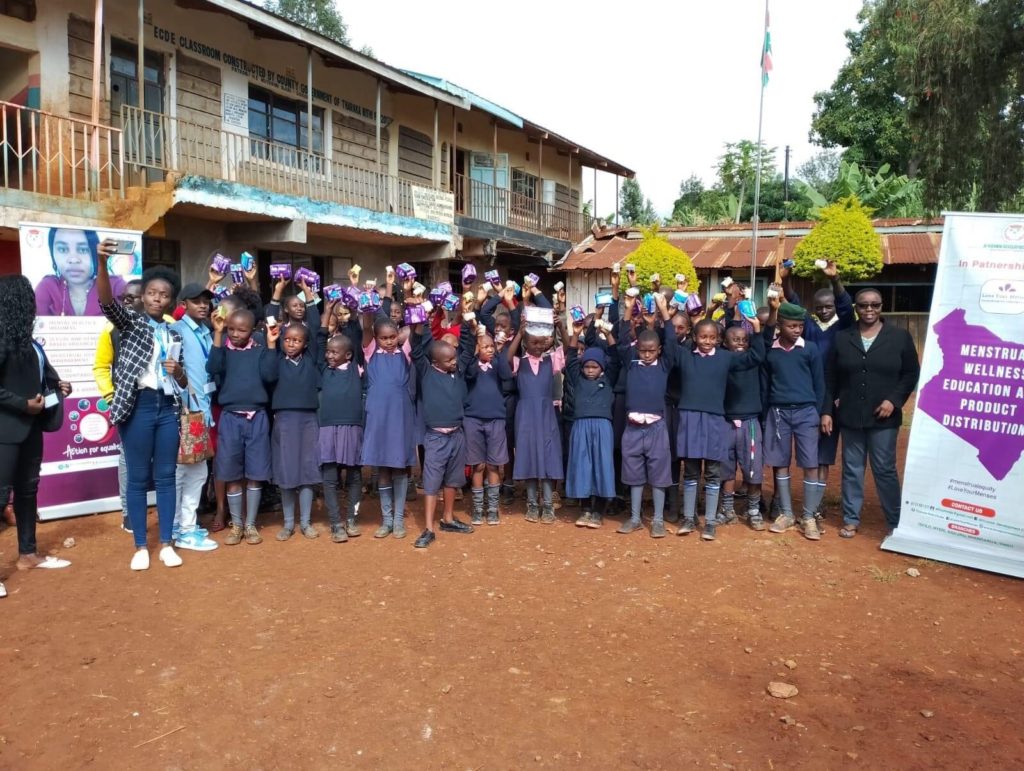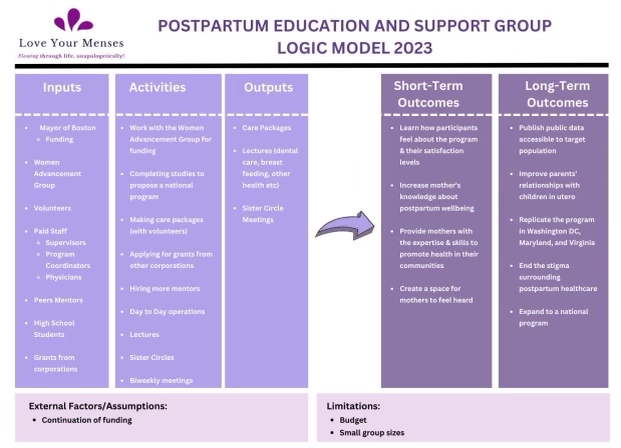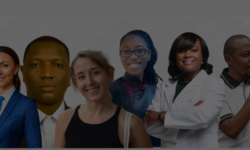
Until very recently, the issue of menstrual equity has been given little consideration globally and also in the United States. As of 2015, there are an estimated 800 million people on the planet who are menstruating, out of whom 500 million lack access to adequate resources for managing their periods.
A recent study found that 14.2% out of the 471 U.S. undergraduate women surveyed had been unable to afford the menstrual products they needed at some point in the past-year, and an additional 10% were unable to afford menstrual products every month. Furthermore, inability to afford menstrual products differed significantly by race, immigration status, and familial college history — Latina and Black women reported period poverty within the last year more often than White women and women of another race.
Similarly, respondents who were first-generation college students or born outside of the USA were more likely to report period poverty compared to those born in the USA or non-first generation students.
Menstrual equity encompasses the belief that adolescents and young adults deserve access to menstrual products. To address this need, my partner and I launched Love Your Menses (LYM) in 2019 with a goal of addressing menstrual equity and ending period poverty.
LYM began as a one day conference and has since grown out of Boston to Washington DC, Maryland, Wisconsin, Michigan and Texas. We have also expanded across the world to Kenya, Uganda, Nigeria, Sao Tome and Principe, Gambia, Liberia and Haiti. I believe that LYM shows how the power of teamwork, partnership and education can lead to positively influencing the community.

Our goal is to deliberately reshape societal narratives around menstruation by promoting menstrual equity and supporting youth and their parents. We have accomplished this through educational programming, such as our signature workshop called Understanding and Embracing My Flow, where we empower girls and young women to embrace and love their menstrual cycles, as well as FlowTech4Girls, a STEAM program where we assist young girls in exploring the intersection between menstrual health and technology through UX/UI design, fashion technology and more. We also connect our participants with local physicians and providers and provide youth mentoring services through our youth ambassador program.
More than anything, we seek to create an environment where menstruation is celebrated, understood, and embraced without shame or stigma. Embarking on a journey of empowerment and education, we are redefining the conversation about periods, striving for a world where every individual can embrace their menstrual experience with pride and confidence.
“Period Poverty and Promoting Menstrual Equity” published in the Journal of the American Medical Association reports that an estimated one-fourth of the world’s population of women and adolescent girls of reproductive age — approximately 500 million — do not have everything they need to manage their menstruation. In the US, about 20% of teenage girls live in poverty, and are vulnerable to challenges around managing menstruation, including negative effects on their school engagement.
Period products are not luxury items, but a necessity for menstruating individuals. We are committed to continuing this work to ensure all those who menstruate are able to flow through life unapologetically.
Because young adults cannot afford menstrual health products to meet their monthly needs, which may impact their mental well-being, improved access to affordable menstrual products is more important than ever to support these young women. In response to these deficits in period health, this year alone, we have distributed over 60,000 period products, in the U.S. and worldwide.
We have worked with leaders within the community, including Boston Mayor Michelle Wu and the Mayor’s Office of Women’s Advancement in partnership with the Boston Public Library. This pilot program, which is still ongoing, is an effort to promote menstrual equity through community engagement, supplying six Boston Public Library branches with free menstrual pads and tampons from Aunt Flow and our very own educational programming. Our team meets twice a month with the Mayor’s Office of Women’s Advancement to bring awareness to our program, provide residents with more information about menstruation, and help remove the shame and stigma often associated with menstruation.
Our efforts are still ongoing, and the impact of LYM on the Boston community was evaluated by graduate students this past spring in Northeastern University’s Techniques of Program Evaluation course, where students are instructed upon the methodologies for assessing the impact of public policy. The primary purpose of the course’s evaluation is to assess the success of our Postpartum Education and Support Group program, where we host weekly educational sessions and conversations with postpartum doulas, midwives and OBGYNs. We also hope to understand the impact of our program on participants’ preparedness for birth and the postpartum period.
The students — Destiny Harden, Alex Kane, Kiana Lloyd, Rebecca Rokne, and Josie Tracy — have helpfully created a logic model for us, as shown below.

In 2023, we smile to see that our impact is making a difference. In addition to our initiatives, there is an increasing number of movements to address this public health issue, both nation-wide and internationally. These include successful removal of taxes on period products in many states, including Texas, California, Connecticut and Florida. In the U.S., 26 states have instituted laws to offer free menstrual products in schools, and 25 states have laws to provide them in prisons. Other countries, such as Scotland, provide period products entirely for free.
“When I first heard about Love Your Menses, I was confused,” Internal Medicine Physician Shola Ezeokoli said. “But after embracing and attending some of LYM Programs, I can now have open conversations with my daughters regarding menstruation — I am now ‘loving my menses.’”








Wow, what a great read!! Thank you for sharing the incredible work of Love Your Menses (LYM) and shedding light on the crucial issue of menstrual equity! It is so inspiring to see organizations like LYM taking decisive action to address global challenges surrounding period poverty with such dedication and a hands-on approach.